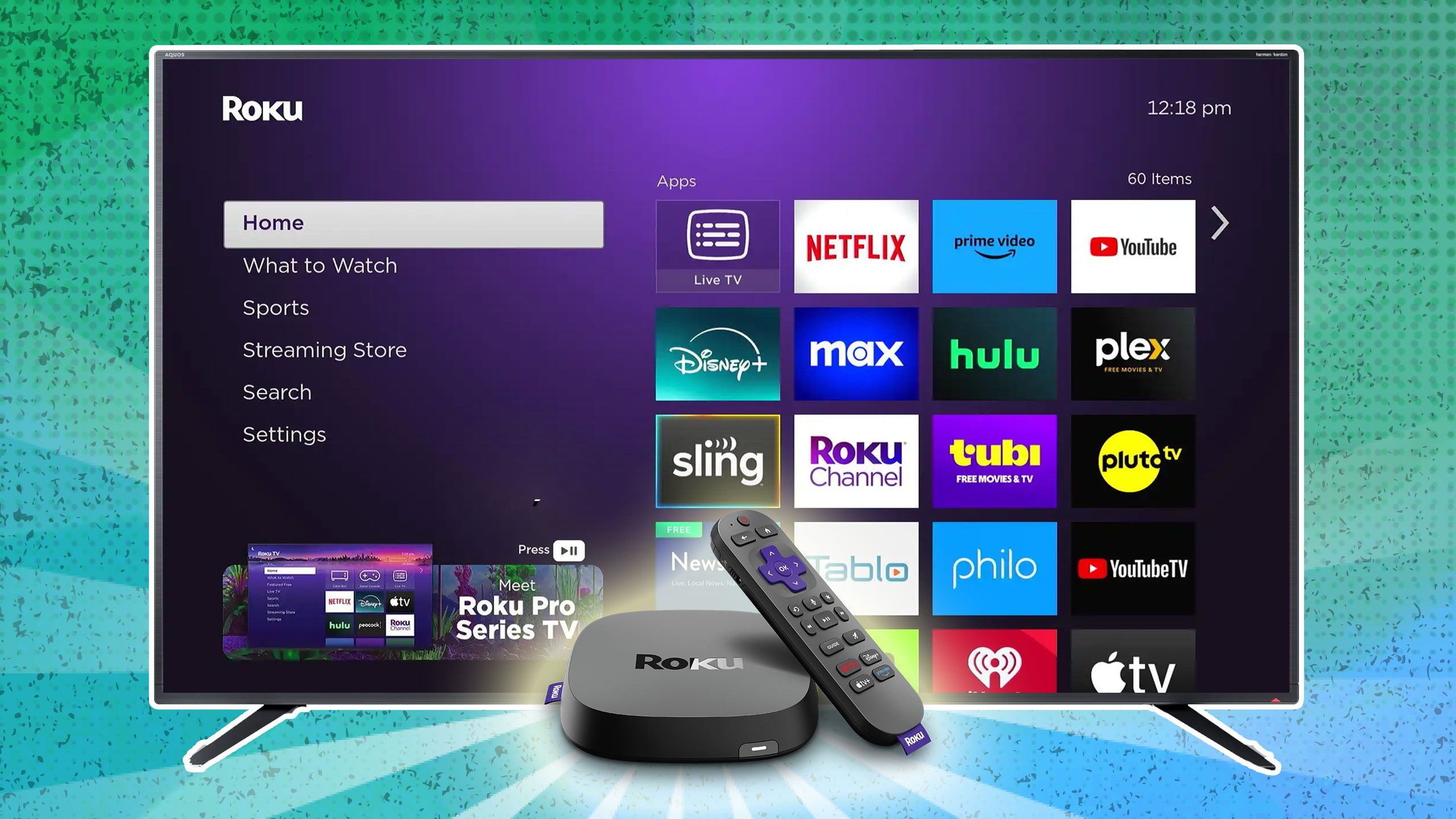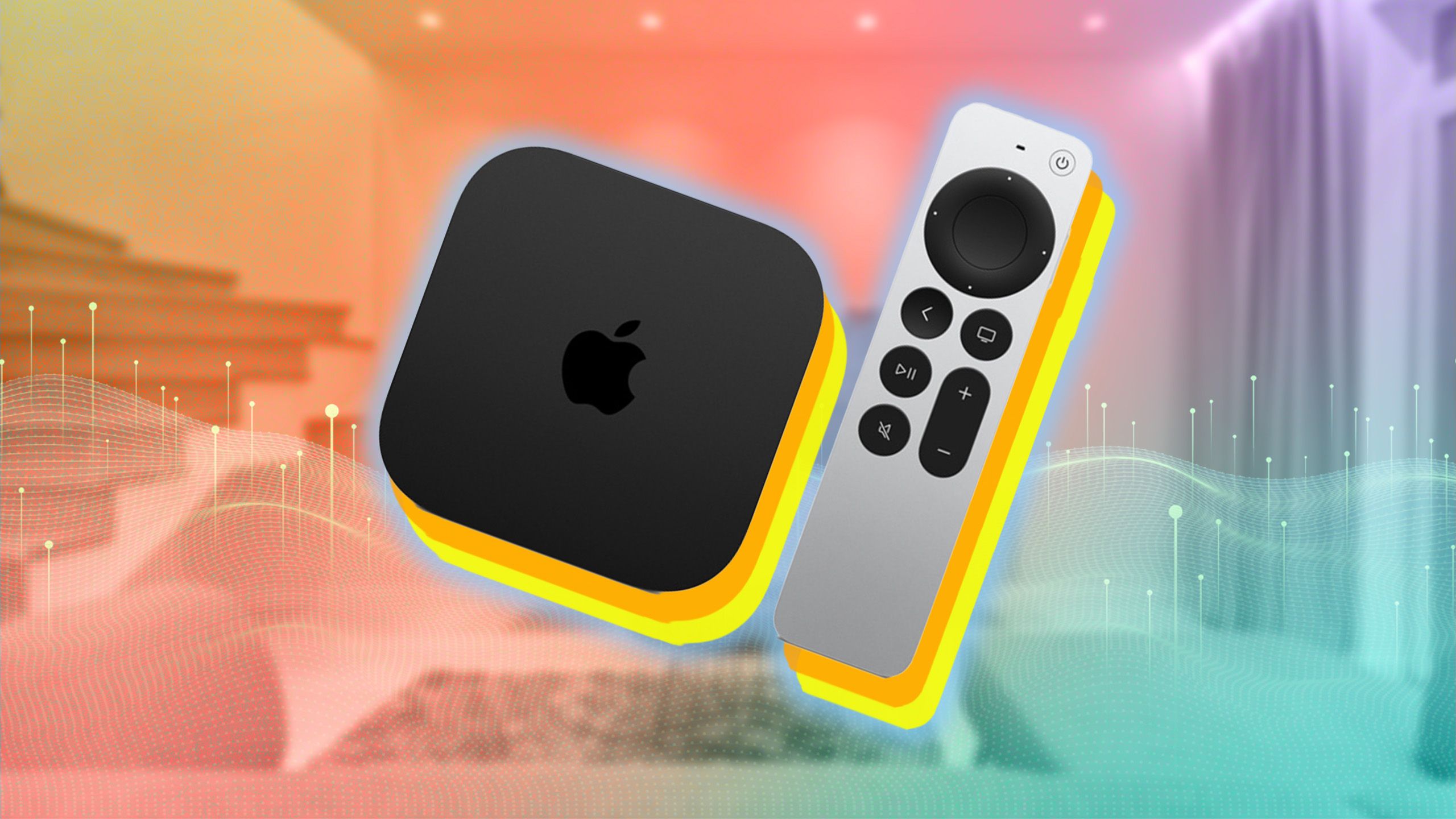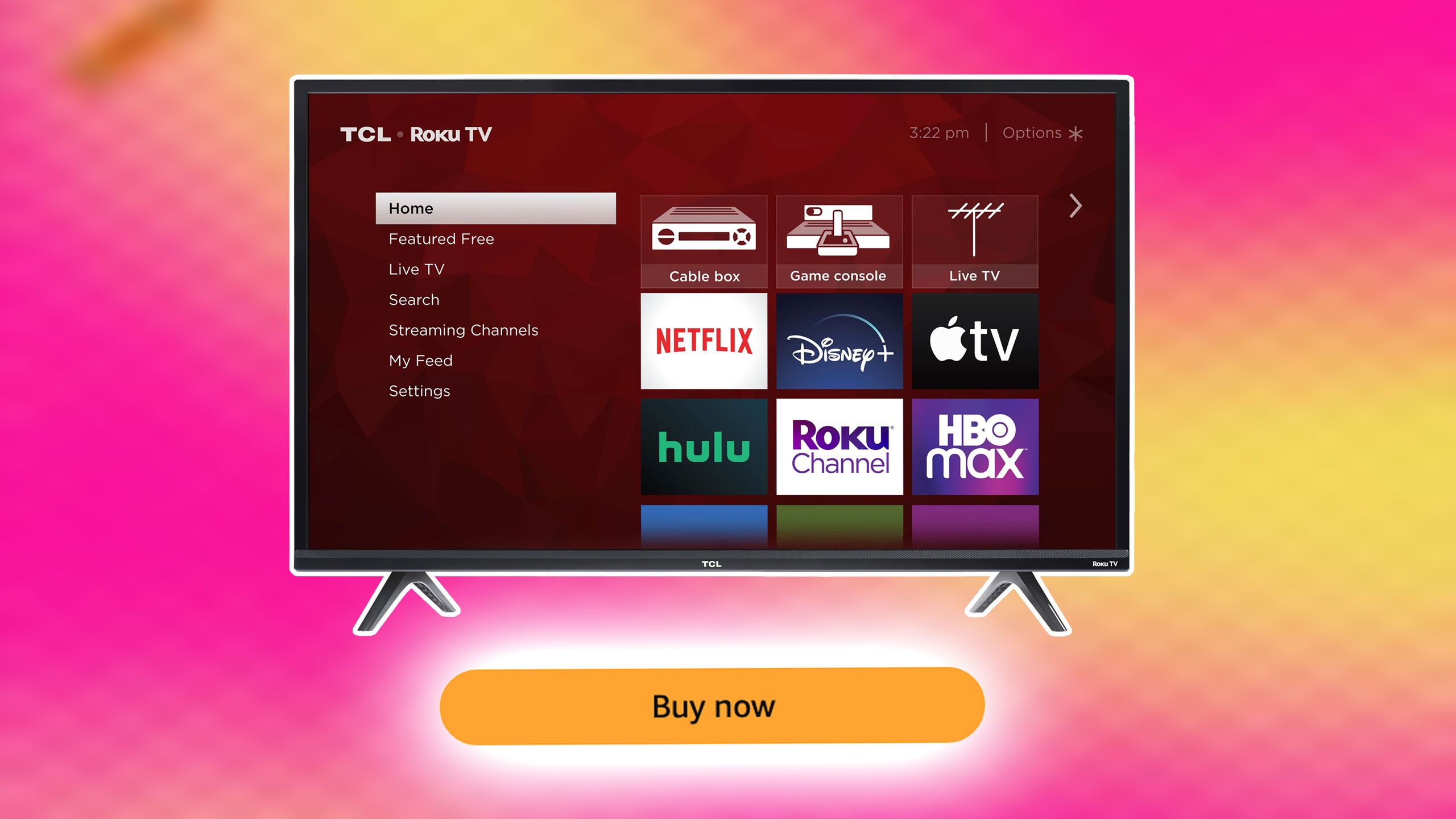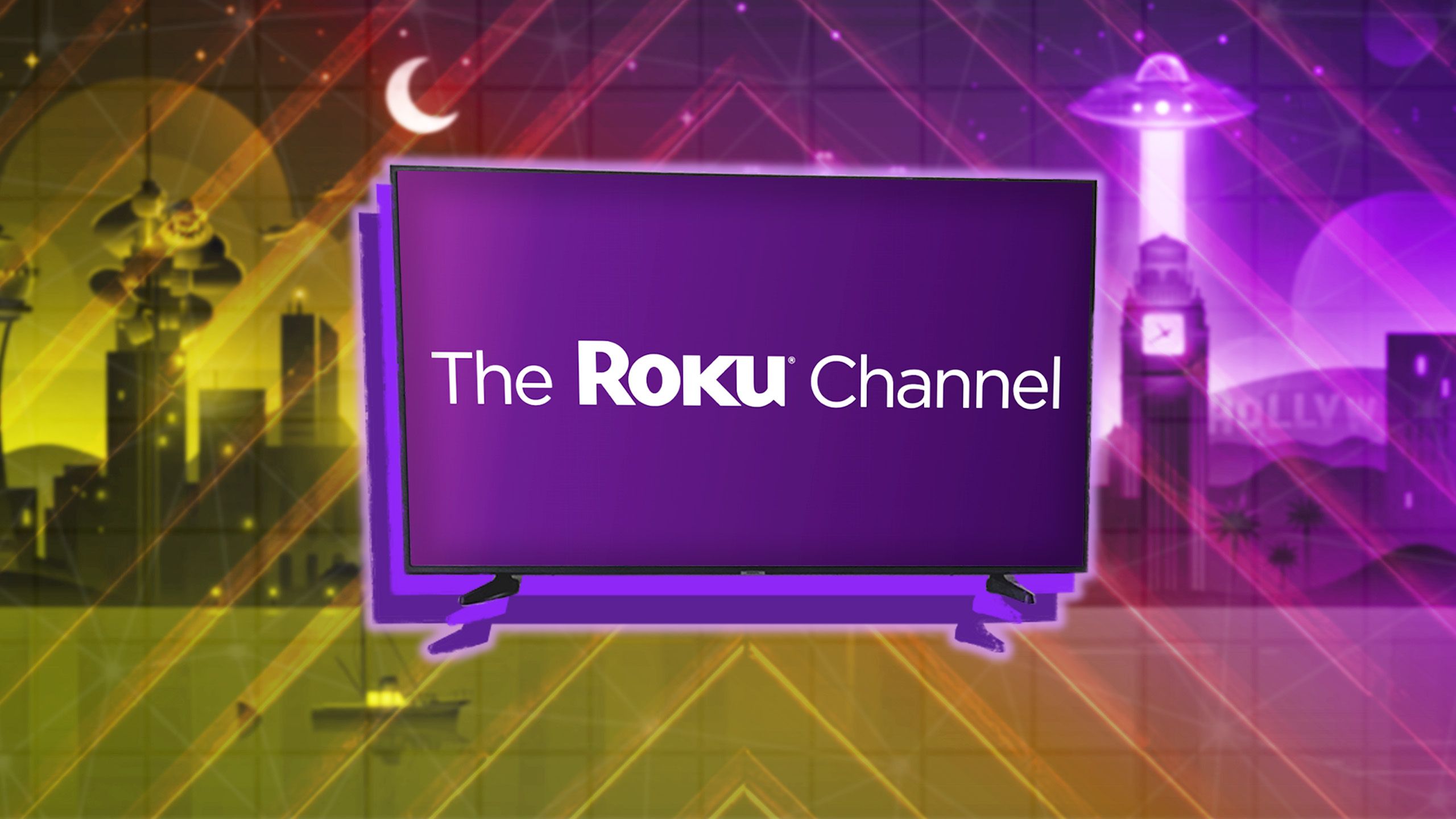This page may contain affiliate links. When you click an affiliate link, we get a small compensation at no cost to you. As an Amazon Associate I earn from qualifying purchases.
Summary
- Roku utilizes AI to customize the user experience, which pushes personalized content and ads.
- Roku ads are strategically placed using AI based on user data and interests.
- Roku’s patent plans for a future platform where users can interact with prompts to choose content.
Artificial intelligence is all around us these days. For most people, you can’t even pick up your phone without AI being a part of the equation. It can be incredibly helpful and useful because of all its use cases, but you may not realize how much of an impact it’s having. Not only is it listening in on your conversations, but it can track your searches, judge the amount of light in a room, and lowers the volume in your earbuds so you can hear around you.
Some people may be worried about how much of a factor AI plays in their daily life. But its importance is vital to advancements in technology, and you’re inevitably going to have to adapt to it. This includes when you’re using your TV. Roku is one of the premium platforms for streaming devices — not only does it sell devices that you can plug into a TV to make it smart, but it also sells smart TV with the Roku TV operating system built in.
Related
I don’t own a Roku – can I still stream The Roku Channel?
No Roku device? No problem — it’s still possible to access Roku Channel content.
Roku has an easy-to-use interface and offers a lot of great features to help you enhance your TV setup. AI is also utilized by Roku throughout its platform to deliver the experience customers have come to know and love. It can enhance the platform and customize it for its users, but it may not be everyone’s preference. Here’s a list I made of all the ways Roku uses AI and how you can alter the settings.

Roku TV
Roku TV is the operating system of Roku smart TVs and streaming devices. The grid-style design makes organizing apps simple and offers a lot in terms of user customization. It does utilize AI in a number of ways.
The interface is driven by AI
It learns from you and helps you cherry-pick content
Pocket-lint / Roku / Amazon
Any time you use your Roku, you’re using AI. That’s because it is set up for machine learning — it learns what apps you use frequently and will personalize your interface to include more pop-ups for content on those apps. Similar to how the streaming services themselves will track what you watch in order to recommend similar content, Roku tracks what apps you’re using the most to deliver more content from those or similar apps.
When you’re in those channels, you’re subject to dealing with their forms of tracking. There’s no way to change that from the Roku, unfortunately. But, Roku’s aim is to offer a more personalized experience, not just steal your data. Roku’s AI can help third-party sites build profiles on you to advertise more effectively.
Roku does not have the ability to change the settings on specific apps. You can adjust the settings for the Roku platform and The Roku Channel app.

Related
These Roku streaming music channels turn my TV into a jukebox
Use your TV’s speakers to set the mood at your next function.
Advertising is driven mainly by AI
Those ads you see on the screen are based on you
Let’s face it: you’re going to deal with advertising any time you open up any form of media, and Roku is no different. Whenever you open up the platform, there are ads either along the interface, in Roku City (which is the screensaver on the platform), or even in the menus. They can be banners, along the side of the apps, and especially in the apps themselves.
What you may not realize is that those ads aren’t random. Sure, some companies pay to specifically have their ads placed in certain places on platforms. But Roku uses AI to generate a lot of ads to make it a more personalized experience for the user. This means that you’re going to see ads that you may actually interact with. It uses TV streaming data to find users whose interests may sync up well with a certain product, and then they’re then shown that ad. It’s one of the oldest advertising tricks and makes a lot of sense in terms of putting data to good use.
Roku will also share your information with third-party platforms, such as other streamers, to help make your time inside those apps more personalized as well. This will ensure you’re getting ads on those platforms as well. Anyone spending money on a TV advertising budget with Roku has their ads pushed out widely across different users. Roku’s algorithm takes into consideration where accounts are and who the accounts are for and shares that info with those advertisers while simultaneously sharing their ads with the users that fall into their target demographic.
Similar to how the streaming services themselves will track what you watch in order to recommend similar content, Roku tracks what apps you are using the most to deliver more content from those or similar apps.
But if you don’t want your data shared as much, there are some setting changes you can make.
- On the main Roku screen, go to the Settings menu on the left.
- Go to the Advertising menu and click on that.
- Make sure Limit ad tracking is checked. This will stop Roku from sharing your viewing data and preferences with third parties.
The future could be up to your choosing
Roku is seeking a patent for it
Roku / Tim Mossholder / Pexels / Pocket-lint
In 2024, Roku announced it was seeking a patent for a content system that would let users decide what kind of content they want to watch by interacting with prompts. While its current platform does offer personalization and its AI algorithm does track what users watch, the new platform would offer a much more intuitive and customized experience for the user. For now, the prompts and things that users go through are all to help them get to the content. But that will completely change how one specific person can view the content because it will be changing the content itself.
The new patent is for a content system that would allow users to actually choose the content that they are watching. For example, if the user is watching a movie and the next scene has a song in it, a prompt can pop up on the screen and provide options for the user to choose what that song in the next scene will be. After the answer is chosen, the learning model will feed that info back into the system and change the song in the next scene to what the user wants. This is seen as a way to battle against other social media platforms, not just streaming services.
Because users’ attention spans have shifted over time to enjoy more gratifying short-form content, Roku’s patent seeks to engage on a deeper level with their customers. So, the future of watching content on Roku could actually come from you having a say in parts of that content.

Related
I’ll never buy a Roku or Amazon streaming device, and it’s all because of Apple
Amidst all the other competition, the Apple TV 4K finally came out on top as my favorite streaming service — here’s why.




